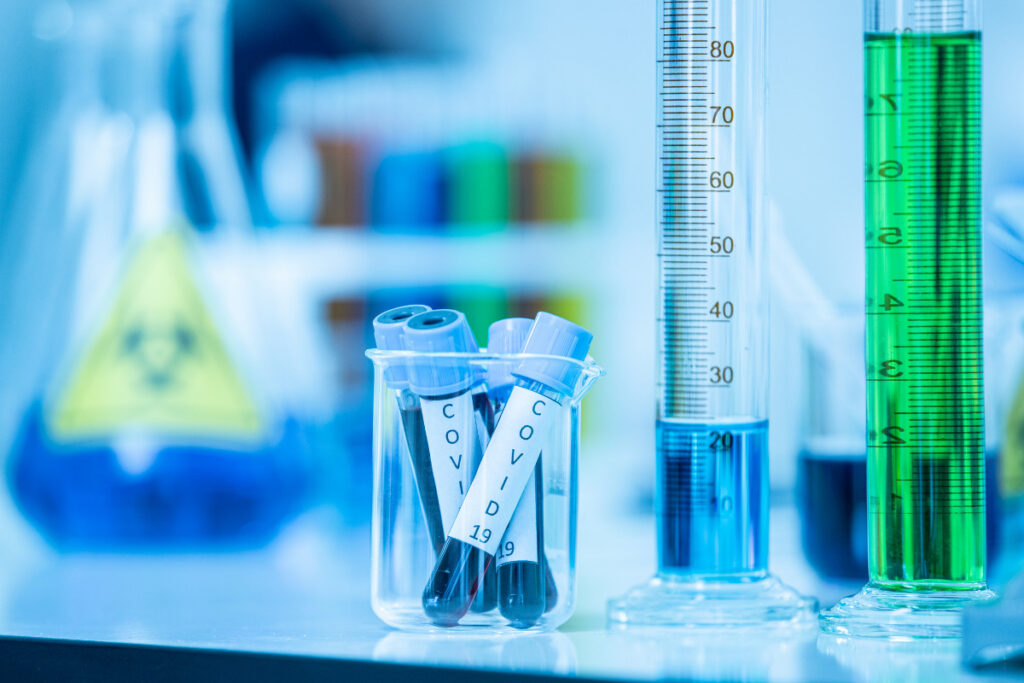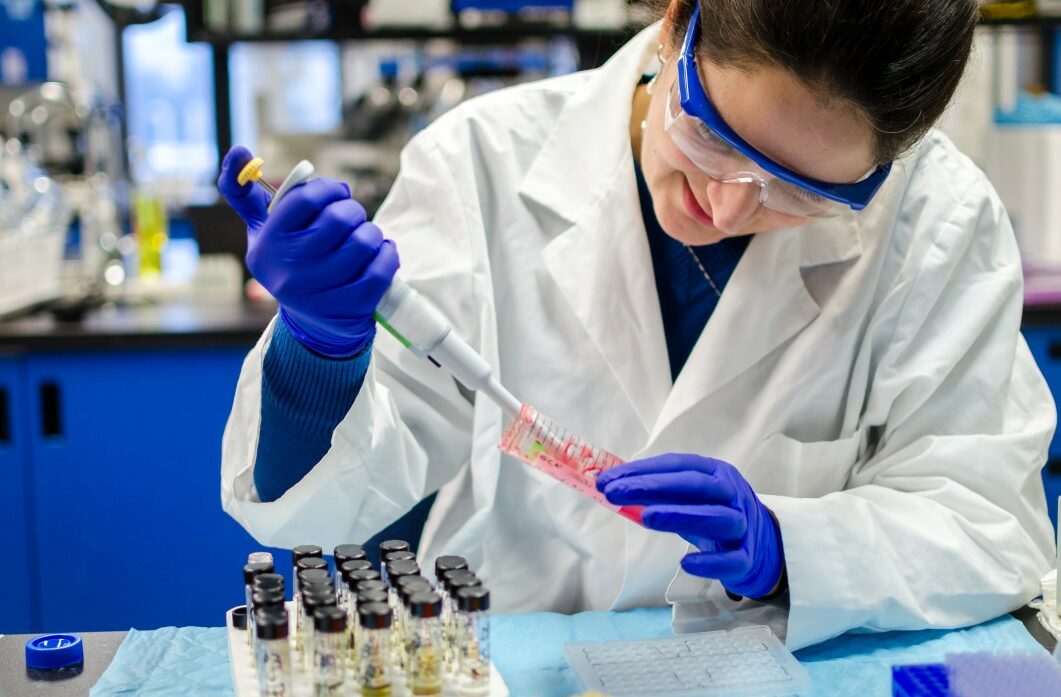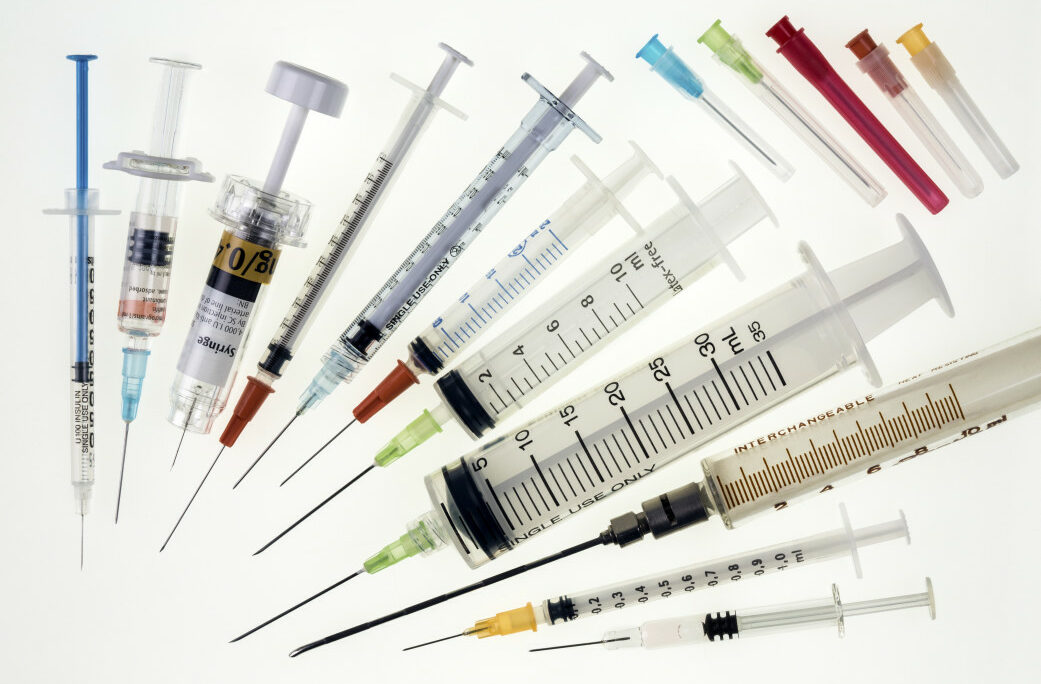COVID-19 IVD (In Vitro Diagnostics)
April 16, 2020 Einat Dekel, D.V.M, Quality & Regulatory Project ManagerCOVID-19 IVD (In Vitro Diagnostics)
April 16, 2020
Einat Dekel, D.V.M, Quality & Regulatory Project Manager
Topics in this Newsletter:
- FDA COVID-19 EUA – in Vitro diagnostics (IVDs)
- Europe - emergency market access for IVD manufacturers
- Israel – AMAR accelerated review and approval
- Gsap involvement in promoting novel COVID-19 IVD
Emergency efforts are being taken to find optimum medical products to prevent infection, diagnose and treat patients during the COVID-19 pandemic. Multiple diagnostic, therapeutic, and preventive interventions for COVID-19 are being trialed. Robust evaluation of diagnostics tests (premarket and postmarket) to ensure accuracy will be vital; inaccurate tests will be worse than no tests. If products prove to be efficacious against COVID-19, achieving global benefit will require prompt access for all people in need. All our fates are bound together, and any helpful products must be recognized as global assets.
Nonetheless, effective regulatory supervision, emergency prequalification, robust authentication measures, and procurement policies that support quality, with abjuring of national export restriction policies, the informal market, and illegal online websites, combined with trusted public engagement campaigns, will be needed to reduce substandard and falsified medical products.
The dedicated Commission working group of the Member States competent authorities for In-Vitro Diagnostics (IVDs) serves as a forum for continuous exchange of technical and regulatory information on IVDs including COVID-19 rapid tests has indicated that the majority of CE-marked rapid tests are compliant with EU law. However, they identified several devices with fraudulent documentation, incomplete technical files, or unsubstantiated claims. Some of those were sold as alleged self-tests. The several Member States have warned against the use of rapid self-tests or even prohibited them.
WHO referral laboratories for COVID-19 are currently performing validation studies of commercial assays. European Commission and the Member States are funding fast-track clinical validation studies of rapid diagnostic tests for COVID-19 by hospital laboratories in several EU Member States.
ECDC is working in close cooperation with the European Commission, Member State authorities, FIND (https://www.finddx.org/), and WHO on ongoing validation of these rapid tests and will inform the EU/EEA countries on results as soon as those are available.
FIND is a global non-profit organization driving innovation in the development and delivery of diagnostics to combat major diseases affecting the world’s poorest populations. It is a WHO Collaborating Centre for Laboratory Strengthening and Diagnostic Technology Evaluation.
Governments all over the globe encourage the development of novel COVID-19 diagnostic products by providing grants to support these initiatives.
In parallel FDA and other regulatory agencies establish policies and guidelines for emergency use authorizations during the COVID 19 crisis:
1. FDA taking overdue steps to accelerate COVID-19 diagnostic testing
As US healthcare providers face shortages of medical devices and equipment during the COVID-19 pandemic,the Food and Drug Administration has moved to expedite market authorizations for certain products needed to address the public health emergency.
Key criteria for obtaining a EUA designation from the FDA include:
- Presence of a chemical, biological, radiological or nuclear agent (in this case, the coronavirus) that poses a serious disease or condition;
- Qualifying device must meet a “may be effective” standard for treating the targeted disease or condition (in this case, COVID-19), which entails a lower threshold of required evidence compared to FDA’s standard “effectiveness” criterion applied in normal premarket reviews;
- Ability on FDA’s part to determine via risk-benefit analysis the device’s known and potential benefits regarding treating, diagnosing or preventing COVID-19;
- Lack of adequate, FDA-approved/cleared or available alternative treatments.
On February 29, 2020, FDA issued a Policy for Diagnostics Testing in Laboratories Certified to Perform High Complexity Testing under CLIA prior to Emergency Use Authorization for Coronavirus Disease-2019 during the Public Health Emergency: Immediately in Effect Guidance for Clinical Laboratories and Food and Drug Administration Staff. This policy was further updated on March 16, 2020, to include serological tests.
Under this guidance, labs that are certified under the Clinical Laboratory Improvement Amendments of 1988 (CLIA) to perform high-complexity testing may offer in vitro diagnostic tests for the detection or diagnosis of COVID-19 while pursuing an Emergency Use Authorization (EUA).
Recommended performance information
The newly released guidance provides minimum validation testing requirements for these diagnostic tests, including specific guidance for the limit of detection, cross-reactivity, inclusivity, and clinical evaluation.
If clinical data are not available, FDA may consider accepting data solely from bench testing.
For more information: https://www.fda.gov/regulatory-information/searchfda-guidance-documents/policy-diagnostic-testscoronavirus-disease-2019-during-public-healthemergency
FDA requests that developers notify the agency once their tests are validated and submit a completed EUA request within 15 business days of validation. While a lab awaits EUA for its test, FDA recommends that the lab send the first five negative and the first five positive specimens for testing using another EUA authorized assay as an independent check on its validity.
Categorization of laboratory tests under and EUA
The FDA indicates when issuing a EUA for a diagnostic device whether the test can be performed at a point-of-care setting or only in a laboratory able to handle more complex tests.
FDA may also establish appropriate conditions on the performance of the test. The complexity categorization is effective for the same period as the EUA and is independent of that made under Clinical Laboratory Improvement Amendments (CLIA) regulations.
Requesting a EUA designation
1. Initiate “pre-EUA” activities and engagement with FDA to discuss potential designations (via email): COVID19DX@FDA.HHS.GOV
This step is particularly recommended for companies whose devices are in advanced stages of development since rapid access to healthcare providers is crucial.
2. Submit a formal EUA designation request to FDA. The submission should include as much safety, effectiveness, and risk-related data as is available pertaining to the device in question. The depth and extent of such information will depend largely upon whether a device submitted for EUA consideration has already been cleared or approved for use by the FDA, or if a EUA designation would involve using a previously cleared or approved device in a manner for which it was not intended.
3. If acceptable, FDA issues approval letter Timelines for EUA submission reviews and determinations are made on a case-by-case basis. The FDA usually issues these designations “within hours or days” provided that manufacturers have met necessary criteria and engaged inadequate pre-EUA activities. For EUA devices, Quality System requirements and device listing are waived. Certain conditions of approval must be followed, such as having processes in place for reporting adverse events, recording keeping, etc.
NOTE
The FDA determines effective dates of EUAs, and at the end of a EUA declaration period, these individual authorizations are terminated. Manufacturers of EUA-designated devices that have not previously obtained FDA market authorization must then dispose of such devices still on the US market Pursuant to section 564(b)(2)(B) and (b)(3). Any study or future use of a EUA product beyond the term of a declaration is subject to investigational product regulations. For devices cleared or approved for other intended uses outside the scope of their EUAs, manufacturers must ensure that such devices return to “normal use.”
To date, the FDA has issued EUAs in the areas of in-vitro diagnostics, personal protective equipment, “other medical devices,” and therapeutics. A full, current listing of all EUAs is available online at the FDA’s website.

2. Europe - emergency market access for IVD manufacturers
European Union member states face similar crises as the US and other countries regarding shortages of medical devices and equipment needed to treat COVID-19 patients, driving the need for emergency access to European healthcare markets for these products at a faster rate than for the standard conformity assessment routes to obtain a CE Marking certification.
Expedited EU Conformity Assessment procedures
Under normal circumstances, obtaining a CE Marking certificate in Europe for a medical device, IVD, or Personal Protective Equipment (PPE) involves a conformity assessment either from a Notified Body or a self-declaration for low-risk products and low categorized products. Notified Body conformity assessments of these devices and PPE products can range from several months for some PPEs to roughly a year or longer for high-risk medical devices and IVDs.
In an emergency, public health situations both the European Commission, as well as EU member states individually, have the ability to temporarily permit access to EU markets for devices and PPE products that have not gone through or have not yet completed the required conformity assessment.
NOTE
Specific requirements for marketing eligible medical devices, IVDs, and PPE products via emergency pathways are imposed singly by European member states. Individual Competent Authorities thus grant permissions for emergency market access in their respective countries. The national competent authorities are listed here Manufacturers should take into account variance in terms of processes and requirements from one EU member state to another if pursuing emergency access.
Emergency EU market access specific to COVID-19: medical devices and IVDs
Devices without CE Marking will only be allowed temporary European market access in cases where no alternative products or treatments are available pertaining to the COVID-19 pandemic, and a request has been made to the EU member state where the devices are placed on the market. Member states will assess requests on a case-by-case basis. Requests can be made by all Economic Operators.
The European Commission has issued a guidance document on medical devices, active implantable medical devices, and in vitro diagnostic medical devices in the COVID-19 context which is a compilation of relevant questions and answers concerning the conformity assessment process for medical devices including IVDs aiming for diagnosing and treating COVID-19. https://ec.europa.eu/docsroom/documents/40607
3. Israel – AMAR emergency use temporary approval
AMAR, the medical devices division of the Israeli Ministry of Health (MOH) is responsible for the approval and registration of medical devices and IVDs in Israel. During the COVID-19 global crisis, AMAR has taken a similar emergency use approach as the FDA, allowing accelerated approval for emergency purposes by providing temporary approval. Regarding test validation, the recommendations are for minimal testing which includes: limit of detection (LoD), clinical evaluation, inclusivity, and cross-reactivity.
Same as FDA EUA, Quality System requirements for AMAR emergency use approval are waived. Certain conditions of approval must be followed, such as having processes in place for reporting adverse events, Post Marketing Surveillance(PMS), record keeping, etc.
Permanent registration approval is pending PMS data gathered during the emergency use period and continued product performance as per initial data submitted.
Companies pursuing the emergency use approval for medical devices and IVDs intended for the treatment and identification of COVID-19 receive a temporary approval letter based on demonstrated performance data to support the intended use: analytical sensitivity and analytical specificity and if available, data from testing fresh, contrived, banked or archived specimens.
4. Gsap involvement in promoting novel COVID-19 IVD technologies under EUA
Gsap group of experts have been supporting companies in developing novel diagnostic solutions for identifying COVID-19 patients.
This experience includes regulatory, quality, and clinical services and leading conference call meetings with the Israeli MOH AMAR division:
1. An Israeli company developing a rapid, point of care, screening test for identifying COVID-19 patients:
• Issuance of a preliminary regulatory strategy based on the FDA policy for Diagnostics Testing, EmergencyUse Authorization for Coronavirus Disease-2019 during the Public Health Emergency.
• Leading pre-EUA discussions with AMAR
• Development of clinical performance protocol
• Regulatory submissions for receipt of Ethics Committees approval for a multi-center trial
2. An Israeli company developing a Decision Support Tool (software) for prediction of COVID 19 infection:
• Develop a clinical performance plan
• Leading pre-EUA discussions with AMAR
• CRO, Regulatory, and quality support
This Newsletter Prepared by:

Einat Dekel, D.V.M
Quality & Regulatory Project Manager
For more information about our services visit:




